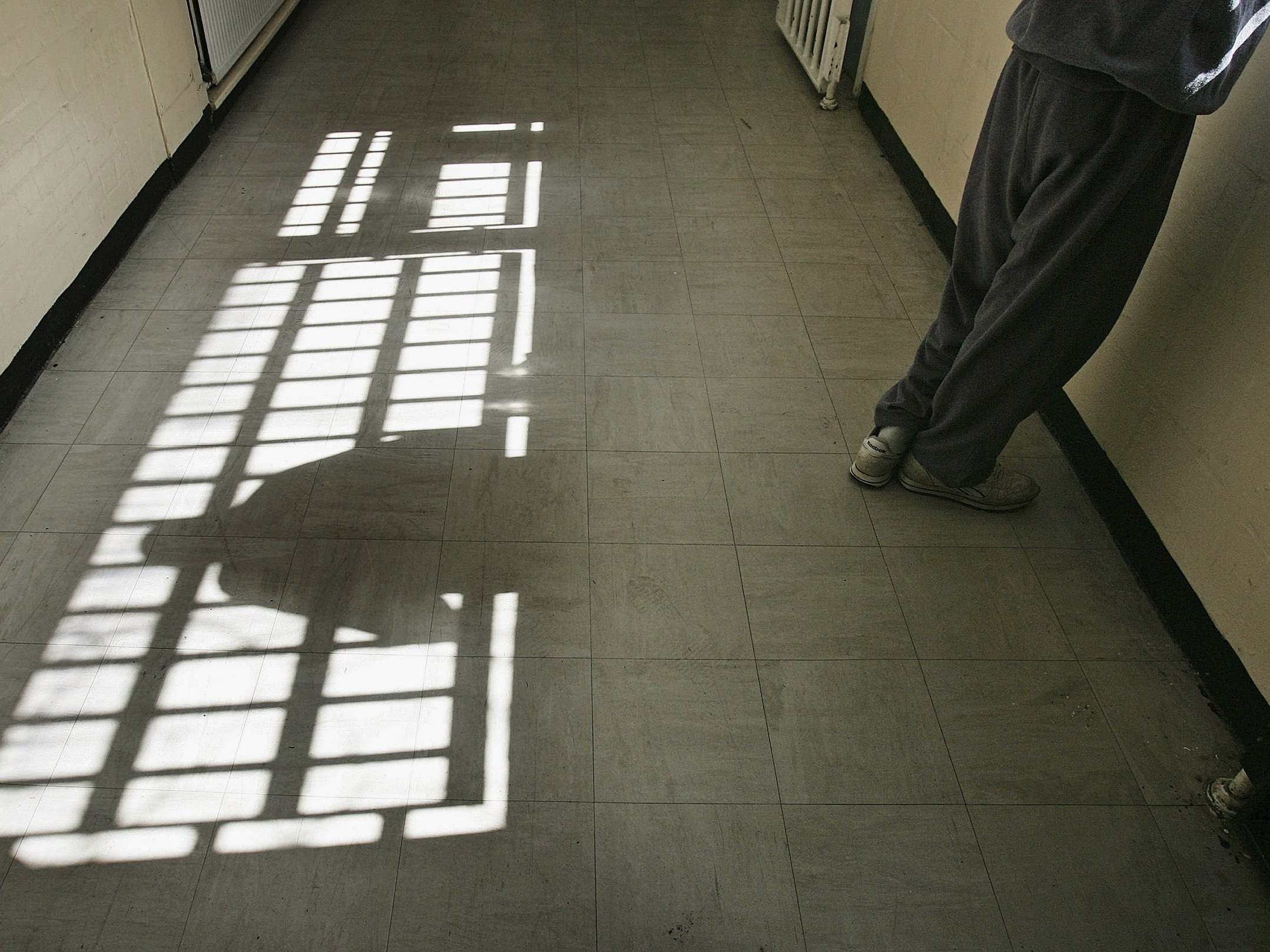Boris Johnson’s plan to increase prison sentences will not reduce crime or make public safer, says report
Study commissioned by Prison Reform Trust finds that punitive reforms in government bill would only add to pressures on overstretched jails

Your support helps us to tell the story
From reproductive rights to climate change to Big Tech, The Independent is on the ground when the story is developing. Whether it's investigating the financials of Elon Musk's pro-Trump PAC or producing our latest documentary, 'The A Word', which shines a light on the American women fighting for reproductive rights, we know how important it is to parse out the facts from the messaging.
At such a critical moment in US history, we need reporters on the ground. Your donation allows us to keep sending journalists to speak to both sides of the story.
The Independent is trusted by Americans across the entire political spectrum. And unlike many other quality news outlets, we choose not to lock Americans out of our reporting and analysis with paywalls. We believe quality journalism should be available to everyone, paid for by those who can afford it.
Your support makes all the difference.Boris Johnson’s plans to lengthen prison sentences in a bid to “better protect the public and restore confidence in the justice system” will not reduce crime or make the public safer, according to new research.
A report commissioned by the Prison Reform Trust warns that punitive reforms proposed in the government’s sentencing bill would only add to pressures on overcrowded and overstretched prisons across England and Wales, without bringing down crime or improving public confidence.
Plans currently going through parliament would see the automatic release point for serious sexual and violent offenders changed from halfway to two-thirds through their sentence, in a move that ministers said would “ensure punishment truly fits the crime and restore the public’s faith in the justice system”.
However, the academic study, which forms part of a document known as the Bromley Briefing Prison Factfile, found that England and Wales have become much tougher in their approach to punishing serious crime over the past few decades – and that there is no evidence that this leads to a reduction in crime.
England and Wales already have one of the highest rates of imprisonment in western Europe, with 140 people held in prison for every 100,000 of the overall population. People are kept in prison for far longer than in many other countries, and more people serve life sentences than in Germany, Russia, Italy, Poland, the Netherlands and Scandinavia combined.
Between 2000 and 2003, fewer than 100 people a year were given life sentences in which the tariff – the minimum guaranteed period in custody – exceeded 15 years, the report says. In the years that followed, the number increased significantly, rising to 249 adults in 2008.
By September 2019, 1,872 life sentence prisoners had tariffs and 291 had a tariff of more than 30 years. This excluded 63 people who were serving the state’s most extreme punishment, a whole-life tariff, and were therefore very unlikely to be released.
The criminology academics who wrote the report said they found no clear evidence that the recent rise in tariff lengths was linked to changes in the nature or severity of offending itself, or that this had had any positive impact.
They concluded that the growing numbers of people serving long sentences meant that prisons were likely to remain overcrowded for the foreseeable future, regardless of any changes in sentencing practice for less serious offences, or improvements in reconviction rates.
The findings echo warnings from campaigners in recent weeks that the government’s plans to lengthen sentences will lead to an increase in prison violence and make offenders less able to reintegrate into society after additional years inside.
Prisons in England and Wales are currently filled to 98 per cent of their operational capacity, with thousands of inmates living in cells designed for fewer people.
Violence and self-harm have reached record highs: on average, a prisoner now self-harms every ten minutes, while an average of 93 violent incidents are recorded each day across all jails.
Peter Dawson, director of the Prison Reform Trust, said that while the government was right to want to restore confidence in the justice system, “so far it is looking in the wrong places”.
“Longer sentences haven’t improved public confidence or safety before, and they won’t now,” he said. “But they have helped produce a prison system that fails to deliver either safety or rehabilitation. Good soundbites don’t always make good policy – a coherent plan for reform is long overdue.”
A Ministry of Justice spokesperson said: “Under this government, serious violent and sexual offenders will spend more time where they belong – behind bars.
“We are spending £2.75bn on transforming and modernising the estate, including creating 10,000 additional prison places.”
Join our commenting forum
Join thought-provoking conversations, follow other Independent readers and see their replies
Comments